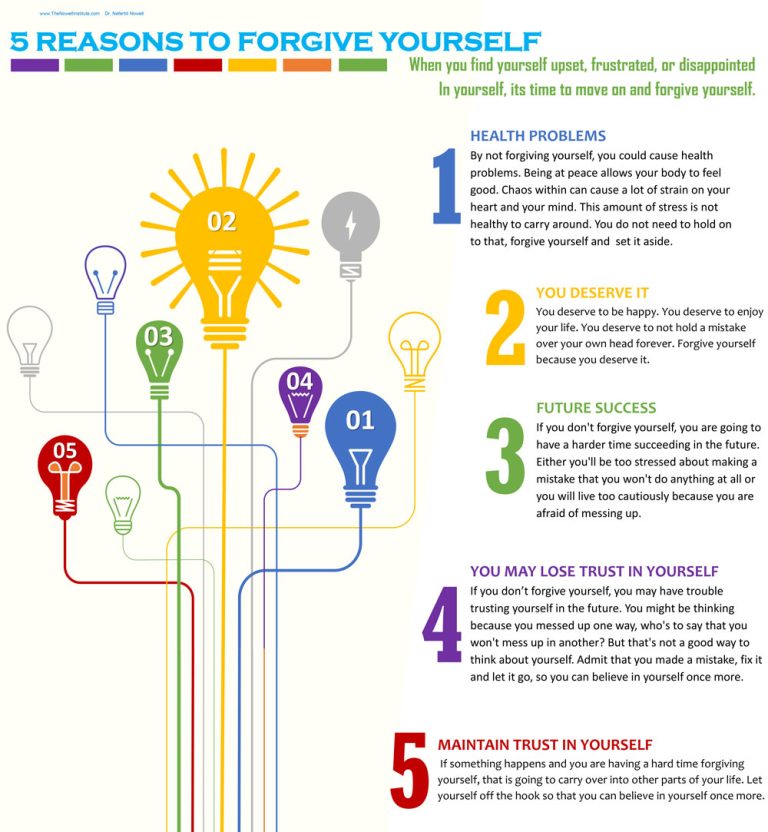So, you love each other! The looks he gives you, the way she smiles when you walk by. It’s like nothing could be better than to have a romantic dinner, then have a passionate night and wake up to breakfast; except she never wants to do that and you find yourself wondering why. Could an eating disorder be the problem? Do you have to find a way to end the relationship with the old “it’s not you it’s me routine”, or can you keep this love alive even if you or your partner has an eating disorder? You tell yourself no, there is no way that he has an eating disorder, he is just naturally thin or she looks so good in her clothes, and that layered look is the trend, but you both know that is not the truth, so do not ignore the signs of an eating disorder.
Let’s take a look at the statistics: though both genders can have an eating disorder, women take up the lion’s share of those with an eating disorder: Women are much more likely than men to develop an eating disorder, only an estimated 5 to 15 percent of people with anorexia or bulimia are male, the remainder are female. Here is some general information on eating disorders that may be important to consider:
• Almost 50% of people with eating disorders meet the criteria for depression.
• Only 1 in 10 men and women with eating disorders receive treatment. Only 35% of people that receive treatment for eating disorders get treatment at a specialized facility for eating disorders.
• Up to 24 million people of all ages and genders suffer from an eating disorder (anorexia, bulimia and binge eating disorder) in the U.S.
• Eating disorders have the highest mortality rate of any mental illness.
There are signs to watch for that may suggest your partner has an eating disorder. For anorexia look for extreme weight loss, excessive working out, food restrictions, an avoidance of social interactions (usually as a way to avoid eating in front of others), an extreme fear of weight gain, decrease in physical intimacy, and mood changes. For bulimia, you may notice large amounts of food disappear in a short period of time; frequent bathroom breaks after meals, laxative use, vomiting, and weight fluctuations. Also note that persons that are dealing with an eating disorder often become preoccupied even obsessed with food and can feel overwhelmed in situations where food is presented or where food is the focus; for example a date night at a restaurant or a wedding where there might be cake and they feel they may be “forced” to eat some. In addition to food being an issue, working out can become a major obsession as well. For example anorexics may often work out for hours pushing their bodies over the limit especially for the limited caloric intake that may be consumed, you may also see a person that has bulimia do a ten mile run after a binge eating episode, or begin a risky diet to help prevent weight gain.
Often times in therapy I find that the lack of intimacy is one of the hardest things for a significant other to deal with along with watching your partner basically waste away, but you don’t have to stand for that. Here are a couple suggestions to help keep your relationship strong.
(1) Say something, even if you have to say it a thousand times and a hundred different ways. Do not ignore the signs. Talking to your partner could show them how much you really care and open up a doorway to deeper love, as well as save their life.
(2). Be supportive and non judgmental! Ignore the urge to badger them or force them to eat but find ways through professional support that you can be a positive part of their recovery. Remember each couple is different and each person with an eating disorder may have different emotional needs.
(3). Express that you are able to wait on the sexual intimacy until some of the severe signs of depression are lifted and find other ways to express your passion for each other.
(4) Be honest with your partner about issues that you may have struggled with and needed to overcome.
(5). Do not give up. Every person has some baggage that they bring to a relationship.
(6) Don’t just disappear. If you decide not to stay, tell them. Many people are afraid of mental illness so at the first sign of something different than they are used to, they abandon ship. Try to stick it out, but if you cannot be respectful enough to say you are leaving and why. This leaves the door open to resume a relationship after recovery.
(7) Be mindful of your eating habits as well. Many people have eating styles and habits that are not healthy; while your partner is recovering it may be a helpful if you are both working on healthy eating together.
For more in depth information on the statistics above or eating disorders in general you may want to visit the following websites: www.anand.org, www.bulimiaguide.org, www.nedic.ca. In addition, seek professional help. This is something that you cannot and should not try to handle on your own. A love affair with thinness could lead to death, you or the one you love deserve to live! Seeking treatment and being supportive of one another can make your love stronger than ever.




